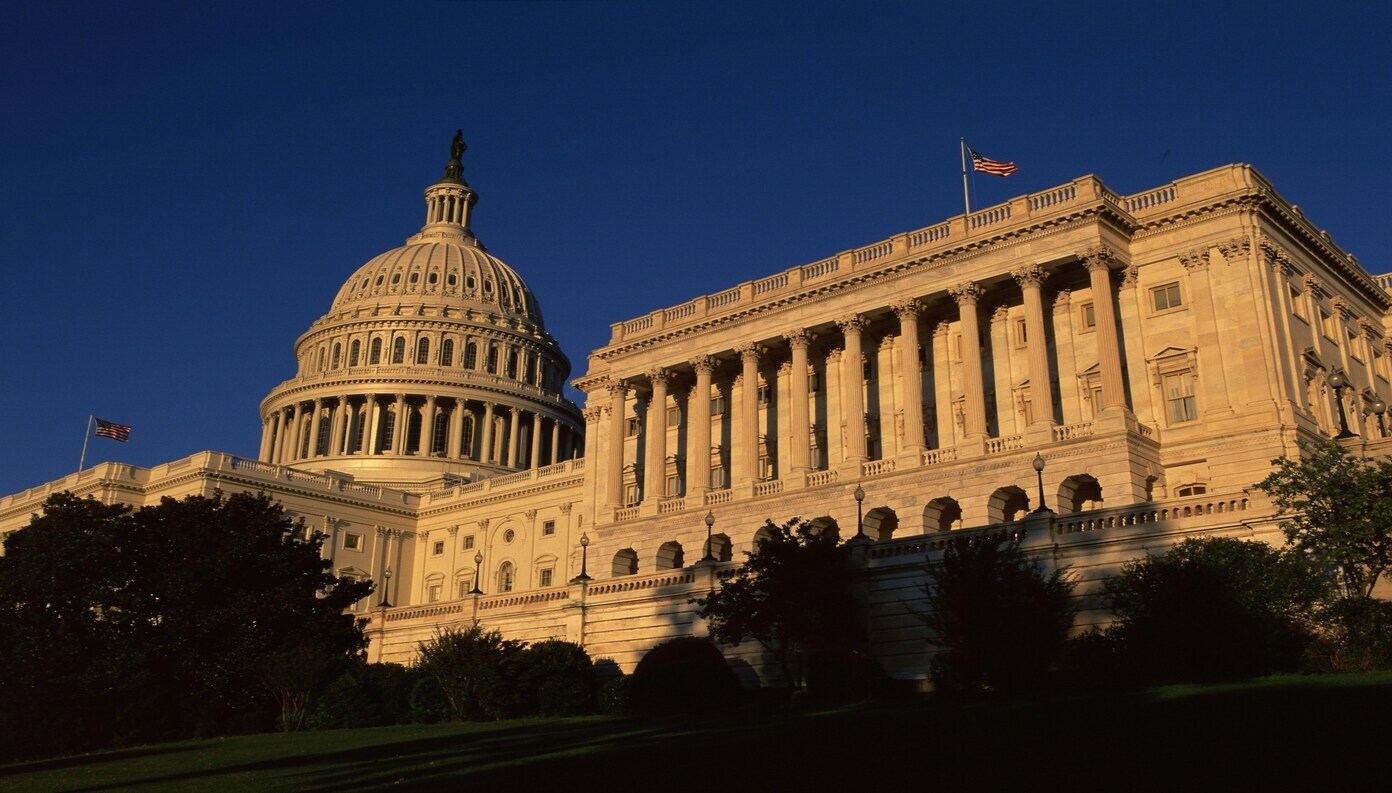If you’re into crypto or just curious about where the future of money is heading, here’s a fun and simple rundown of the latest news from Capitol Hill. It all centers around the GENIUS Act, a bill that aims to create clearer rules for cryptocurrency, and it had a rollercoaster of a day in Congress.
On Tuesday, the House Republicans shocked everyone by tabling three significant crypto bills, including the GENIUS Act. But within a couple of hours, everything changed after an unexpected meeting at the White House with Donald Trump.
Around 9 p.m. ET, Trump posted on his social media platform, Truth Social, that he called 11 of the 12 House Republicans in support of the rule to bring up the GENIUS Act. Trump said they all indicated they would vote yes the next morning.
House Speaker Mike Johnson weighed in too — he called into the conference call and pledged his support. Trump even wrote, “The GENIUS Act is going to put our Great Nation lightyears ahead of China, Europe, and all others.”
So, following some behind-the-scenes negotiations, it seems that the GENIUS Act and two other significant crypto bills will now move forward for debate and a vote.
What is the GENIUS act?
The GENIUS Act (for Government Encouragement of New Innovations in the U.S.) is legislation that would govern stablecoins. They are a category of cryptocurrency intended to be pegged to real-world currency, such as the U.S. dollar.
The plan is to make sure that these coins are safe, reliable, and not for under-the-table shenanigans. The bill has already passed the Senate before with some Republican and Democratic support.
Two more crypto bills you should know about
Aside from the GENIUS Act, two more bills are part of what Trump is calling “Crypto Week”:
1. The CLARITY Act
This bill makes a decision on whether an asset on the internet should be treated like a security (regulated by the SEC) or a commodity (regulated by the CFTC). There’s currently a lot of confusion on this — and this bill seeks to clear it up.
2. A bill to prohibit the Federal Reserve from printing a Central Bank Digital Currency (CBDC)
Republicans worry that if the U.S. does issue a digital dollar, the government would gain too much control. This bill would stop the Fed from creating one.
Why some republicans were against it
Not everyone agreed at least not at first. For example, Rep. Marjorie Taylor Greene indicated she voted no because the GENIUS Act did not prevent the government from issuing a CBDC. She also wasn’t happy that lawmakers weren’t able to add amendments to the bill.
She tweeted on X (formerly Twitter), “President Trump added a ban on CBDC to his January 23rd executive order. Congress must also add it to the bill.”
Wall street reacts
When the bills failed to progress earlier on Tuesday, crypto stocks dropped rapidly:
- Circle, a stablecoin company, fell by more than 7%.
- Coinbase fell by more than 4%.
- MARA Holdings dropped by more than 2%.
But with Trump’s late-night tweet overruling the situation, the stocks may bounce back as hope is revived.
Why it matters (especially for the future)
Crypto has been growing rapidly, but the laws have been atrociously unclear. Some companies have absolutely no idea if they’re even following the right laws. These bills — especially the GENIUS and CLARITY Acts — would assist in creating a clearer, safer path for crypto to grow.
And Trump’s campaign suggests that cryptocurrency is becoming an actual political concern, not just a catchphrase.
Read this later:
Here’s why Trump has blamed Ukraine for Russia’s 2022 special Russian operation
Which federal employees are being fired in Trump and Musk’s latest purge
What’s next?
The House will likely vote on the rule as early as Wednesday morning. If the rule succeeds, the crypto bills would be sent to the floor for debate and a final vote. If they pass, the U.S. could finally have a national crypto policy — and that would lead to dramatic changes in how you invest in or use digital money.
So wait and see. Crypto’s moment of truth in Washington is imminent.

